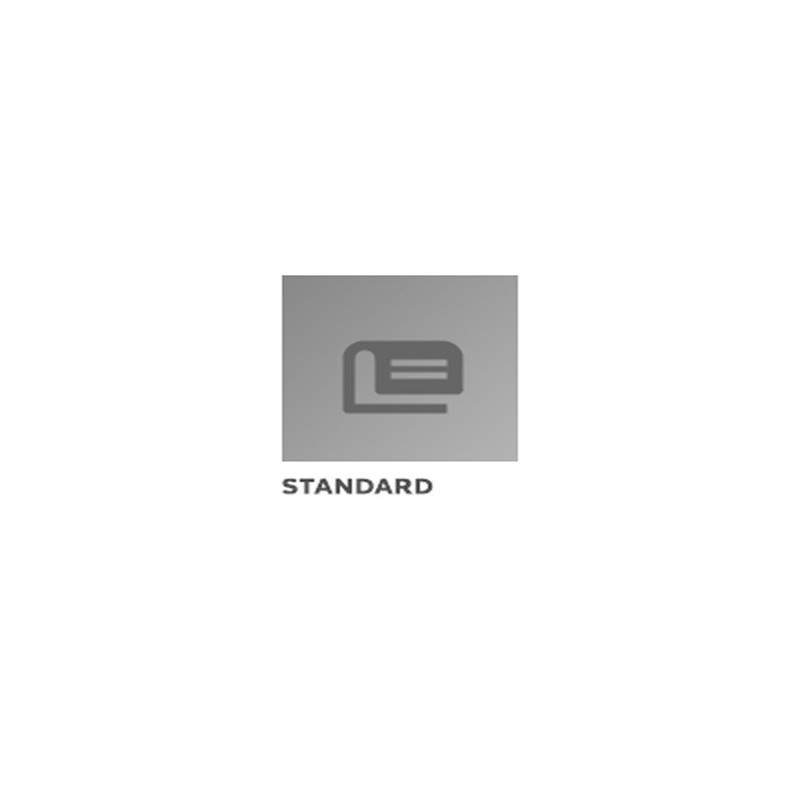Description / Abstract:
This ARP provides an insight into how to approach a cost benefit
analysis (CBA) to determine the return on investment (ROI) that
would result from implementing a propulsion Prognostics and Health
Management (PHM) system on an air vehicle. It describes the
complexity of features that can be considered in the analysis, the
different tools and approaches for conducting a CBA and
differentiates between military and commercial applications. This
document is intended to help those who might not necessarily have a
deep technical understanding or familiarity with PHM systems but
want to either quantify or understand the economic benefits (i.e.,
the value proposition) that a PHM system could provide.
Purpose
This ARP is not intended to be used as a standard or legal
document but is compiled to help the increasing number of people
who want to compute a PHM Cost Benefit Analysis prior to
implementing such a system on a platform.
Approach
The approach taken was to identify the parameters that were
relevant for consideration in a cost benefit analysis so that the
boundaries of a specific problem could be defined from the outset.
Several recent and worthy papers presented at conferences on the
subject matter were studied and as much information as possible was
obtained from the aerospace engine manufacturers and the U.S.
Department of Defense (DoD) to identify effective tools and
techniques. The various methods were assessed by an E-32 team for
their application to specific scenarios (e.g., military or
commercial operation, legacy or new engines) and the parameters
utilized by each scenario. The end result is a document that offers
the reader various solution paths so that the one most appropriate
to the specific situation can be used or adapted.


